Stratospheric Balloons: an initiation project
Dates of the course: 23-27 September 2024 to 24-28 March 2025
Teaching language(s): English
Credits: 3 ECTS
Contact: universeh.contact@univ-tlse3.fr
Universities involved: Université Paul Sabatier Toulouse III (UT3) – University of Toulouse / Luleå University of Technology
Profile and prerequisites: Master’s level / Students with scientific and engineering profiles / The candidates need to have 180 ECTS, English level B2
Teaching modalities: Combined (on-campus + online) with regularly scheduled times
Student mobility: It is not mandatory but ideal. Students can come to Toulouse the last two weeks of March for the test and launch.
Assessment modalities:
- 50% Intermediate report, oral presentation and joint review meeting (January 2025).
- 50% Launch reports per balloon: a brief one after the launch day and a complete one by the end of April 2025.
The course is open to students from these universities: Open to all
How to apply: Send your CV and a letter of motivation to contact info. An interview may be requested if deemed necessary.
Lecturer:
- Victoria Barabash
- Rene Laufer
- Hassan Sabbah
Objectives:
Space is literally all around us: human activities in space are unavoidable in almost every societal domain. This course aims at introducing future professionals and our fellow citizens to the societal impacts of human activities in space. The program will be constituted by a series of lectures and conferences by experts or thinkers including people from private sectors or governmental agencies.
An academic board from various faculties will define the program on a yearly basis.
Course Learning Outcomes:
- Motivate, plan and perform a balloon project mission with the scientific payload critically select and evaluate relevant scientific and technical information within the subject
- Define primary and secondary objectives for their mission by writing detailed specifications and efficient working flow package
- Define and write the specifications and requirements document for a new mission
- Implement project management skills, as they go through an entire project cycle of space mission
- Apply their knowledge in sciences and engineering to solve real world problem
- Have deep insight into the subject and its significance for sustainable development. This will be done via evaluation of the relevant technological and ethic aspects with a focus on sustainable development and the EU equality goals.
- Show their learning by writing proposals to French Space Agency (CNES), ESA and Swedish Space Agency SNSA
- Select the most adequate payload and instrumentation (including microcontrollers and detectors) for their scientific space missions
- Program the embedded system of the payload
- Provide detailed report of the launch and test phases to CNES
- Perform data analysis
- Analyse and propose future improvements and developments
Description:
This is a project-based course in which students run a regular high-altitude balloon program going through an entire cycle of a space mission. They start by analyzing previous stratospheric balloon missions developed by students. Then, in small specialized teams, they tackle the various aspects of a space mission: mechanical, thermal, electric architecture; attitude control and navigation (passive), power generation and management, on-board data handling, data telemetry, payload operation and data acquisition, as well as project management.
After having chosen one or several science objectives, the students design, build and test (including vacuum and cryogenics) their payload to study the atmosphere or to test a new technology in space. By the end of the first semester, the balloon payload is then launched from Aire-sur-l’Adour in collaboration with the balloon division of CNES (and/or in Kiruna with SNSA).
The main goal of this course is to create an environment in which students can plan and perform a balloon project mission with a scientific payload and critically select and evaluate relevant scientific and technical information within the subject. After completing the course, the students will be able to define primary and secondary objectives for their mission by writing detailed specifications and an efficient working flow package.
Students will also be able to analyze and propose future improvements and developments, identify further knowledge needs, and take responsibility for self-knowledge progress. Additionally, students will gain experience in writing proposals to the French Space Agency (CNES) and/or Swedish Space Agency (SNSA).
